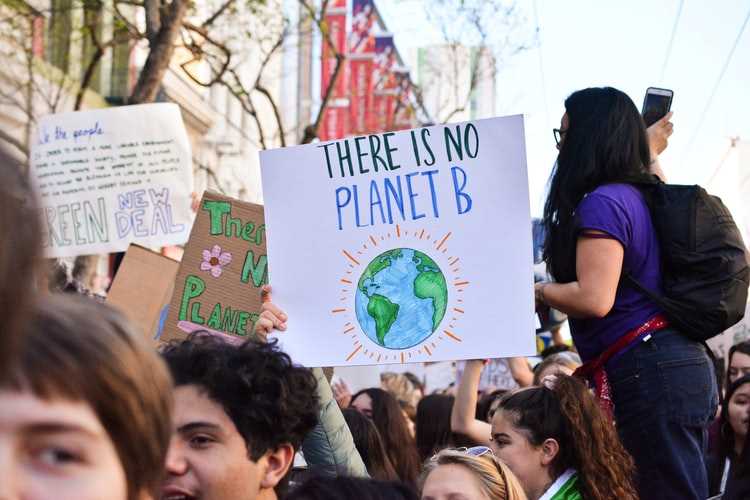
The Covid-19 pandemic has brought unprecedented destruction to the global economy. It also worsened the inequalities that emanated from the neoliberal development models followed across the globe. Addressing these inequalities is the biggest challenge before the policy makers as they set out to rebuild the economies ravaged by the coronavirus outbreak.
The latest Chief Economists Outlook of the World Economic Forum, Emerging Pathways Towards a Post-COVID-19 Reset and Recovery, has identified the major challenges faced by governments and businesses. It sees the crisis as an opportunity to make the global economy a just one. It wants the national governments to broaden the definition of success beyond GDP calculations. The report has identified the three challenges facing the governments while rebuilding the economies: reworking policies to reduce inequality and boost social mobility; finding new pathways for achieving economic growth; and setting fresh targets for economic success.
READ I Covid-19 explainer: All you need to know about how coronavirus is transmitted
As the world comes out of the current crisis, more attention needs to be given to the quality of economic growth, rather than the speed, World Economic Forum’s managing director Saadia Zahidi said. “In this new paradigm, we need metrics beyond GDP and an updated policy toolkit to ensure that future growth is inclusive, sustainable, and provides opportunity for all,” she said.
The 40 chief economists have agreed on the following five things about the crisis and the likely ways to recovery.
Stock markets may be too optimistic: The financial markets across the world are booming despite the collapse in global economy. The chief economists feel that unemployment numbers offer a more realistic outlook than the stock markets. They feel that the markets are reacting to the early signs of recovery in consumer spending and industrial output, despite both are far below the peaks and threatened further by a new wave of lockdowns. They feel that the markets have overlooked the fact that companies have cut manpower and investments. This could lead tom more unemployment, fewer innovations and lower consumer spending next year.
READ I Trade wars: How India can correct trade imbalance with China
There is an opportunity to tackle inequality: The recent years have witnessed an increase in inequalities across the world as the economic gains from technological advances and globalisation are not evenly distributed. The pandemic has accentuated these patterns and impacted the weak and the most vulnerable. However, the pandemic is offering new opportunities. The hurdles erected by the crisis have offered an opportunity to introduce far-reaching systemic change to stop inequality from getting wider. The report wants governments to monitor inequality alongside other targets, upgrading social protection measures and developing socio-economic mobility in the rebuilt economy.
Rethinking tax to build public trust: The report highlights the role of taxation in reducing economic inequalities in the post-pandemic world. The new tax regime must focus on efforts to curb tax evasion, adopt an international agreement to tax digital economy, and rethink income and wealth taxes.
READ I Different strokes: Decoupling government policy on air pollution and climate change
Supply chain disruptions could hit poorer economies: Trade tensions and disputes have already created uncertainties in global trade. The developing economies can take further hit if companies move towards self-reliance at the cost of efficiency. A reversal of international economic convergence would force developing nations to recalibrate their growth models.
New growth markets could emerge: The current crisis has impacted innovation, a catalyst for long-term economic progress. The economic contraction could further limit the ability of the businesses to invest in research and development. Governments can revive economic growth through right innovation and investment plans. Public and private organisations must work in tandem with governments to build new markets, ranging from green energy, circular economy and to social sector, says the report.
The dismal situation today is offering an opportunity for world nations to usher in an inclusive and greener future.

